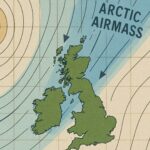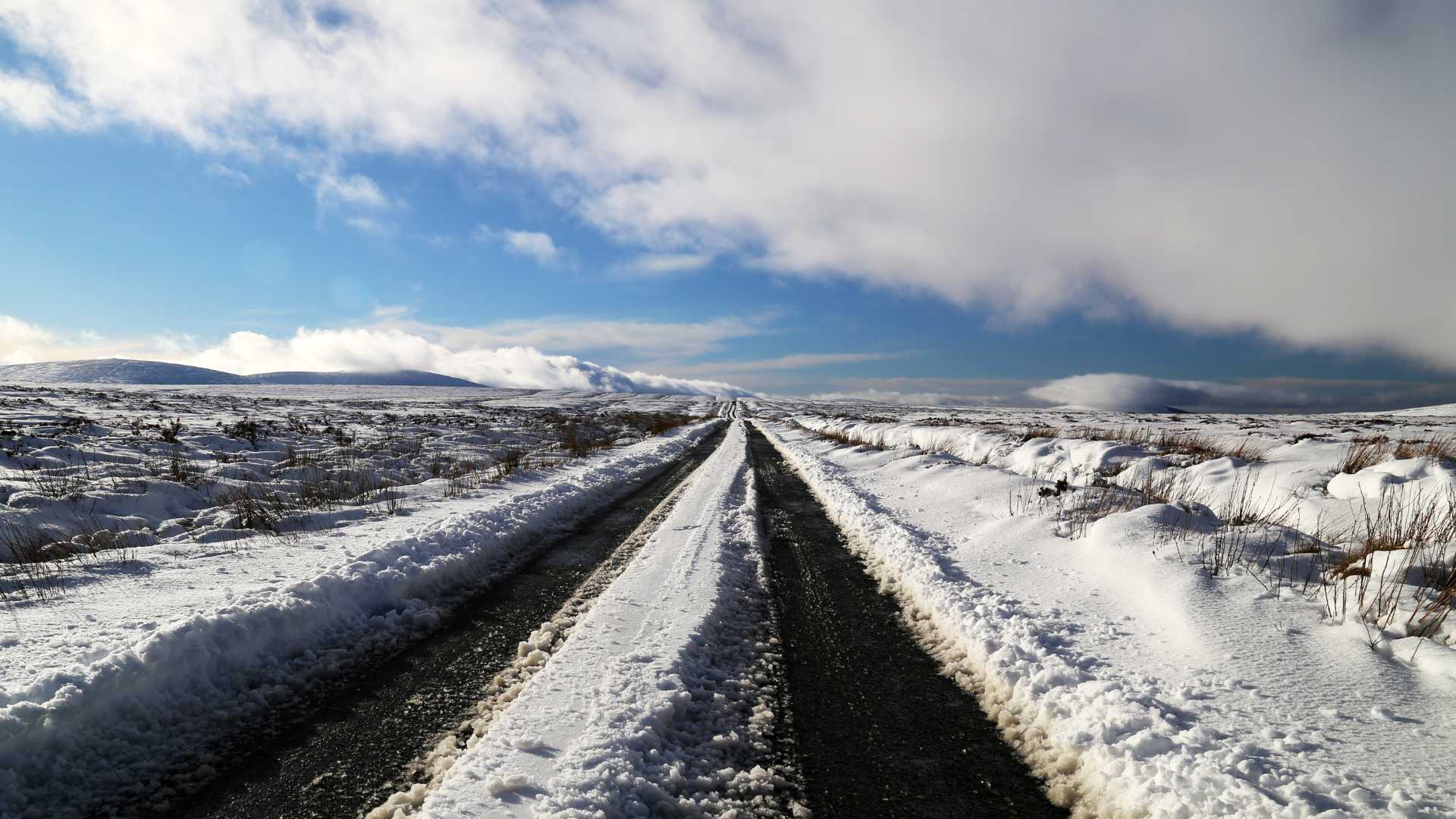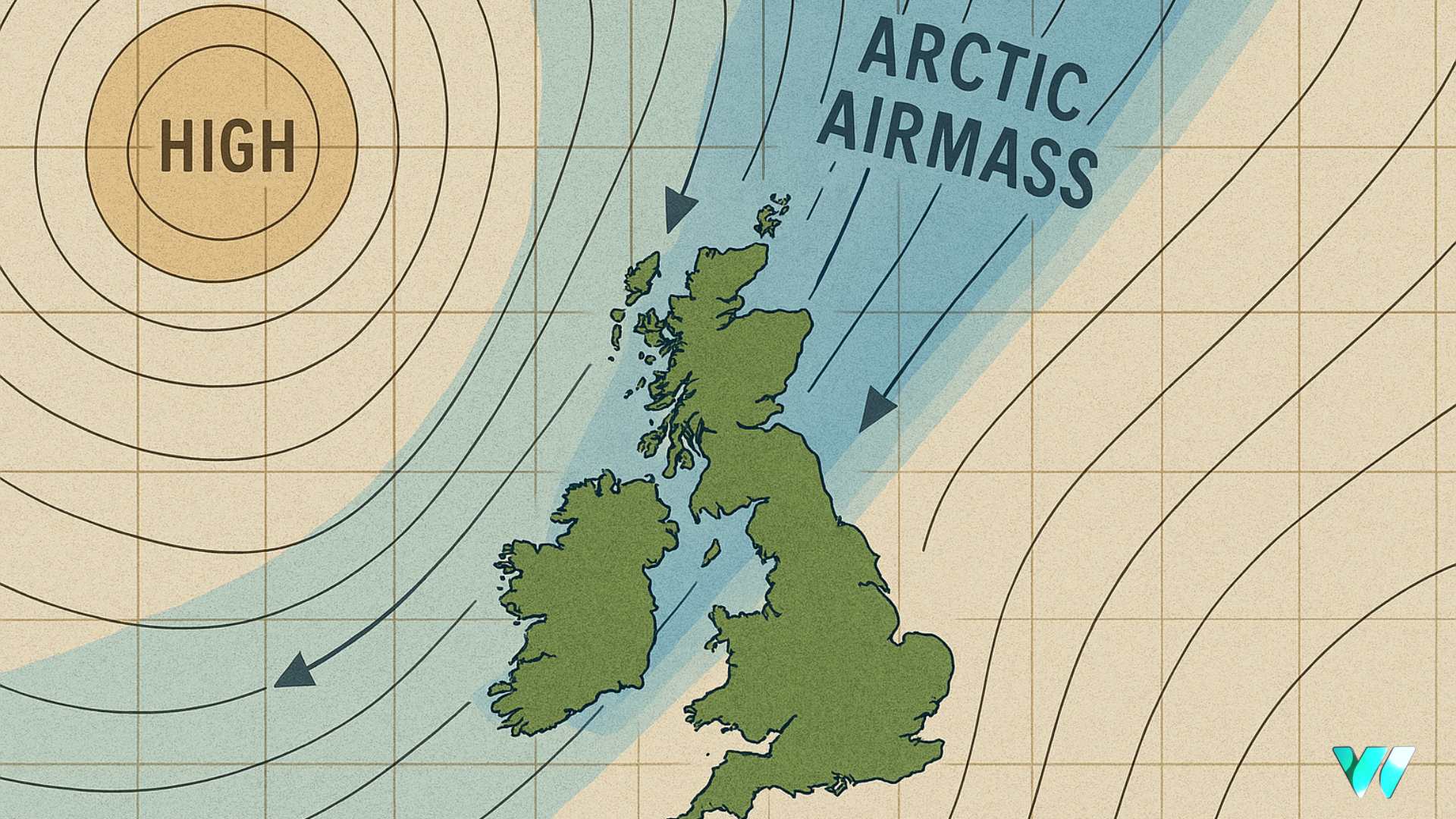
Earth’s carbon cycle could push planet into future ice age
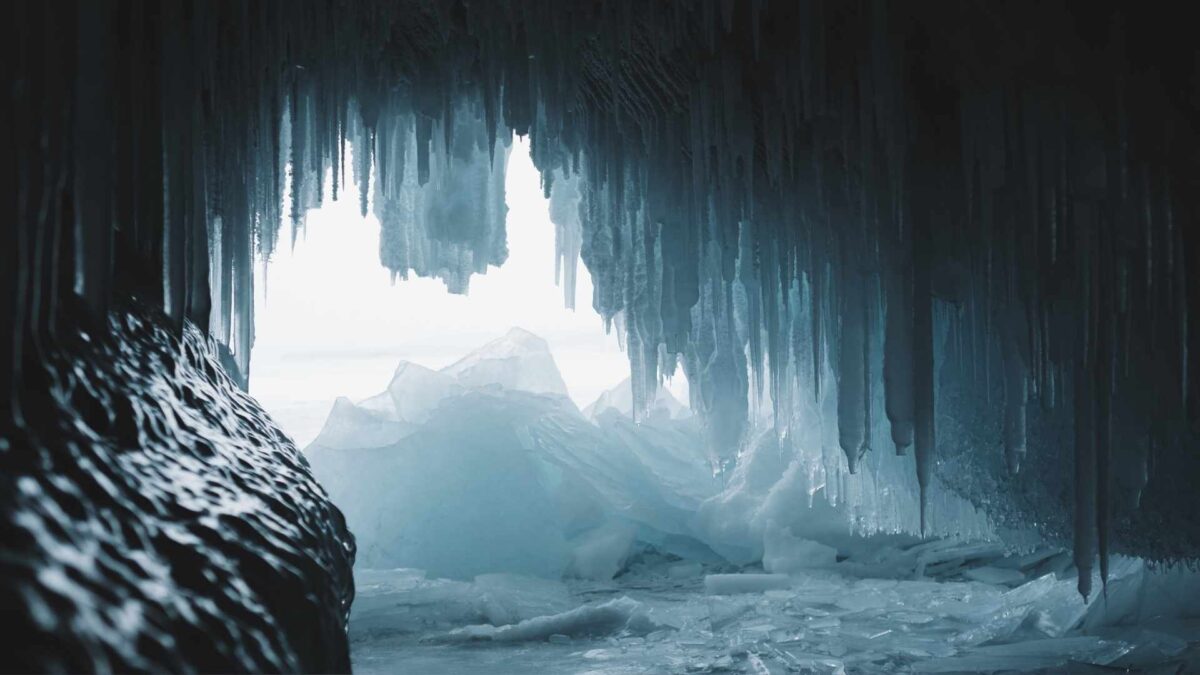
A new study by researchers at the University of California, Riverside, suggests that global warming could trigger an overcorrection in Earth’s carbon cycle, potentially sending the planet into an ice age.
The research identifies a previously overlooked mechanism in which warming oceans and nutrient flows drive large-scale carbon burial. Traditionally, scientists have thought the climate is stabilised by rock weathering: rain captures carbon dioxide from the air, reacts with exposed rocks such as granite, and carries minerals into the oceans, where they form limestone and seashells, locking away carbon for millions of years.
“As the planet warms, rocks weather faster and take up more CO₂, cooling the planet back down again,” said Andy Ridgwell, UCR geologist and co-author of the study, published today in Science.
But geological evidence shows that past ice ages were far more extreme than this slow feedback alone could explain, with the planet completely covered in ice. The missing piece, the study argues, is carbon burial in the oceans.
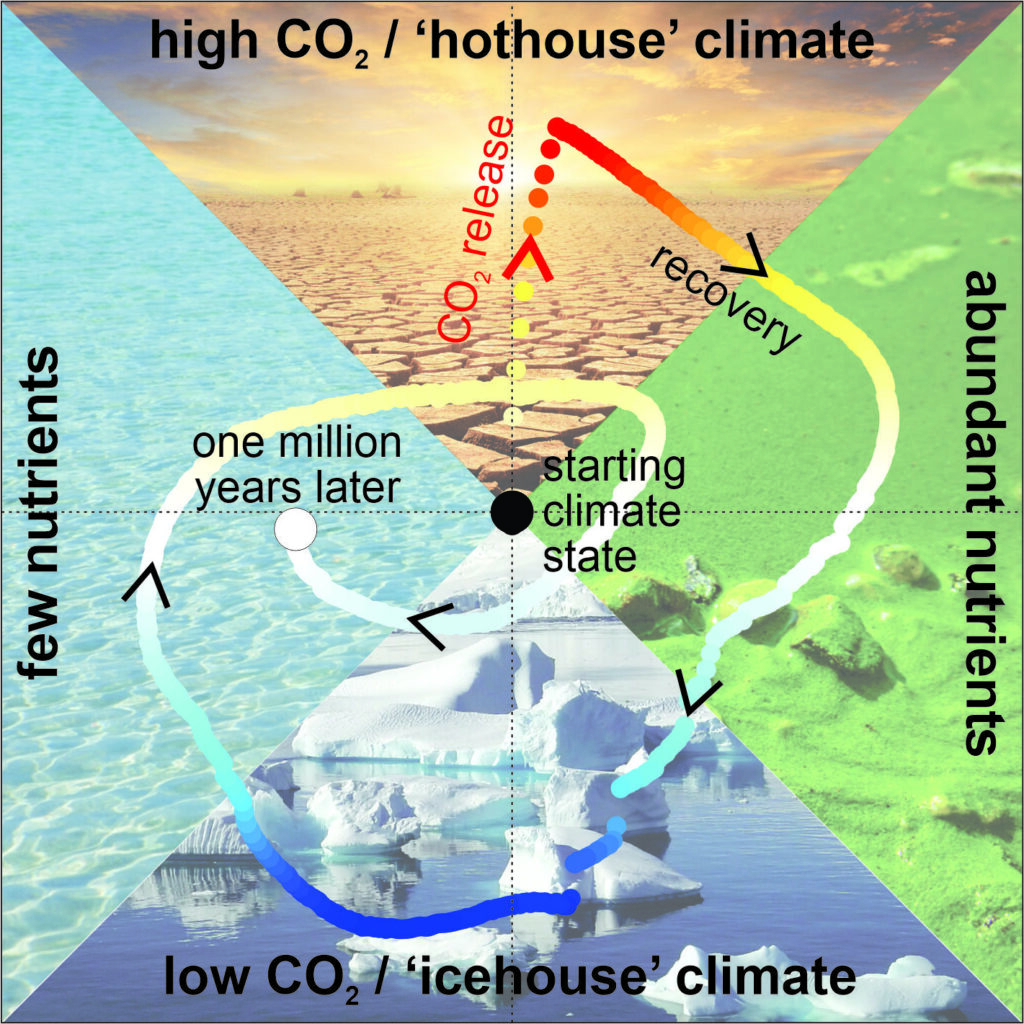
As atmospheric CO₂ rises, nutrients such as phosphorus are washed into the seas, spurring plankton growth. When plankton die, their remains sink, taking carbon with them. But in warmer, oxygen-poor oceans, phosphorus is recycled rather than buried, creating a feedback loop that drives even more carbon into the seabed, cooling the planet rapidly.
The researchers’ model shows that this process does not stabilise climate gently but can overshoot, potentially triggering an ice age. Ridgwell compared the system to a thermostat working overtime: “Earth’s thermostat is not broken, but it is not in the same room as the air conditioning, making its performance uneven.”
While today’s higher oxygen levels may limit the effect, the study warns that human emissions could push the system toward a future cooling overshoot, bringing forward the start of the next ice age.
Ridgwell stressed that the immediate concern remains limiting current warming. “The Earth will eventually cool, but not fast enough to help us in this lifetime,” he said.
Share this WeathÉire story:

